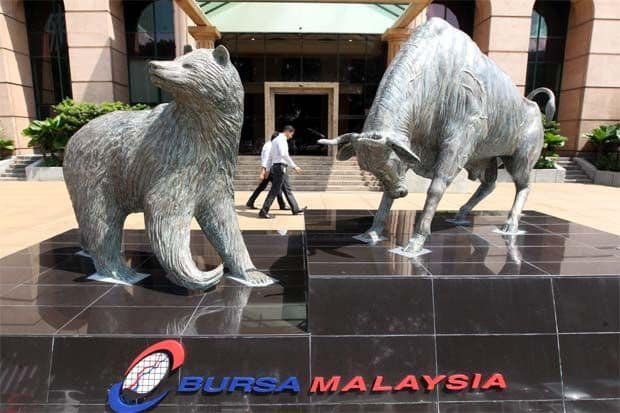Malaysia’s stock exchange, Bursa, will open a voluntary carbon market (VCM) exchange by the end of 2022. This will help boost transparency and allow entities to buy carbon credits to offset their emissions.
Bursa Malaysia is the frontline regulator of the Malaysian capital market. It has the duty to maintain a fair and orderly market in the securities and derivatives traded through its facilities.
The new Bursa VCM exchange will boost investments in high-quality offsetting projects such as planting trees or shifting to cleaner fuels.
Bursa Malaysia’s CEO Datuk Muhamad Umar Swift remarked that:
“Stakeholder engagement is key in facilitating greater understanding among industry players to enable their participation in the VCM Exchange… and to meet ESG requirements required by parties such as lending institutions.”
He also added that the VCM exchange can serve as a major lever in realizing Malaysia’s net zero emissions goal. At the same time, it will help support the private sector’s voluntary climate pledges and net zero journey.
The Role of Bursa Malaysia’s VCM
There has been a growing awareness of climate action around the world. In line with this, VCMs have been playing a vital role in financing projects that avoid, reduce, or remove emissions.
Participation in the market will enable entities to offset their carbon footprint and meet their net zero pledges.
Through Bursa Malaysia’s VCM exchange, both sellers and buyers of carbon credits can transact at transparent prices.
Currently, carbon credits are traded in a small yet fast growing market. Bursa Malaysia joins other global exchanges such as CME, ICE and EEX that launched VCM products in recent years.
Bursa plans to offer standardized carbon credit products for trading via a rules-based VCM exchange. That means there’ll be different product categories for the credits both from nature-based solutions and carbon removal technologies.
The exchange will group carbon credits with similar features, with vintages 2016 onwards. Also, it will label products to distinguish carbon credits produced domestically and globally.
Ensuring Carbon Credits Integrity
To ensure the integrity of carbon credits offered via the VCM exchange, Bursa will adopt the Verified Carbon Standard or Verra. It’s a widely known carbon standard in the VCM.
- Verra is responsible for issuing about 70% of voluntary carbon credits worldwide.
Bursa stated that:
“Verra has developed transparent, credible and robust methodologies covering a wide array of climate-friendly activities… [these include] nature-based projects, methane avoidance or capture, sustainable agricultural land management, green mobility and others.”
The Malaysian exchange believes that by applying Verra standards, carbon credit projects will be through a robust assessment. This will ensure environmental claims are correctly measured and verified independently. And so greenwashing will not be an issue.
Bursa Malaysia also highlighted that it signed an MOU with Verra last May this year. Their partnership focuses on capacity building.
The Exchange has been engaging with various stakeholders towards the development of a carbon market. They seek to ensure robust participation from different stakeholder groups representing:
- potential issuers,
- project developers,
- corporate buyers, (e.g. manufacturers, agricultural companies, financial institutions)
- validation and verification bodies,
- government agencies and others.
By year end, Bursa will sell carbon credits through auction to interested buyers. The auction will enable price discovery for the new carbon credit products listed on the VCM exchange.
The clearing price from the auction will create a baseline demand for carbon credits in the country. This will help provide a reference point for secondary trading for market players.
More importantly, it can offer clear price signals to support the development of domestic carbon credit projects.
Corporate buyers can then use the credits to offset their climate impact together with other carbon reduction efforts to cut their emissions over time.
Interested project developers and project proponents can submit their interest to supply carbon credits for the auction. Corporations can also take part in the auction and buy carbon credits for their offsetting needs.

